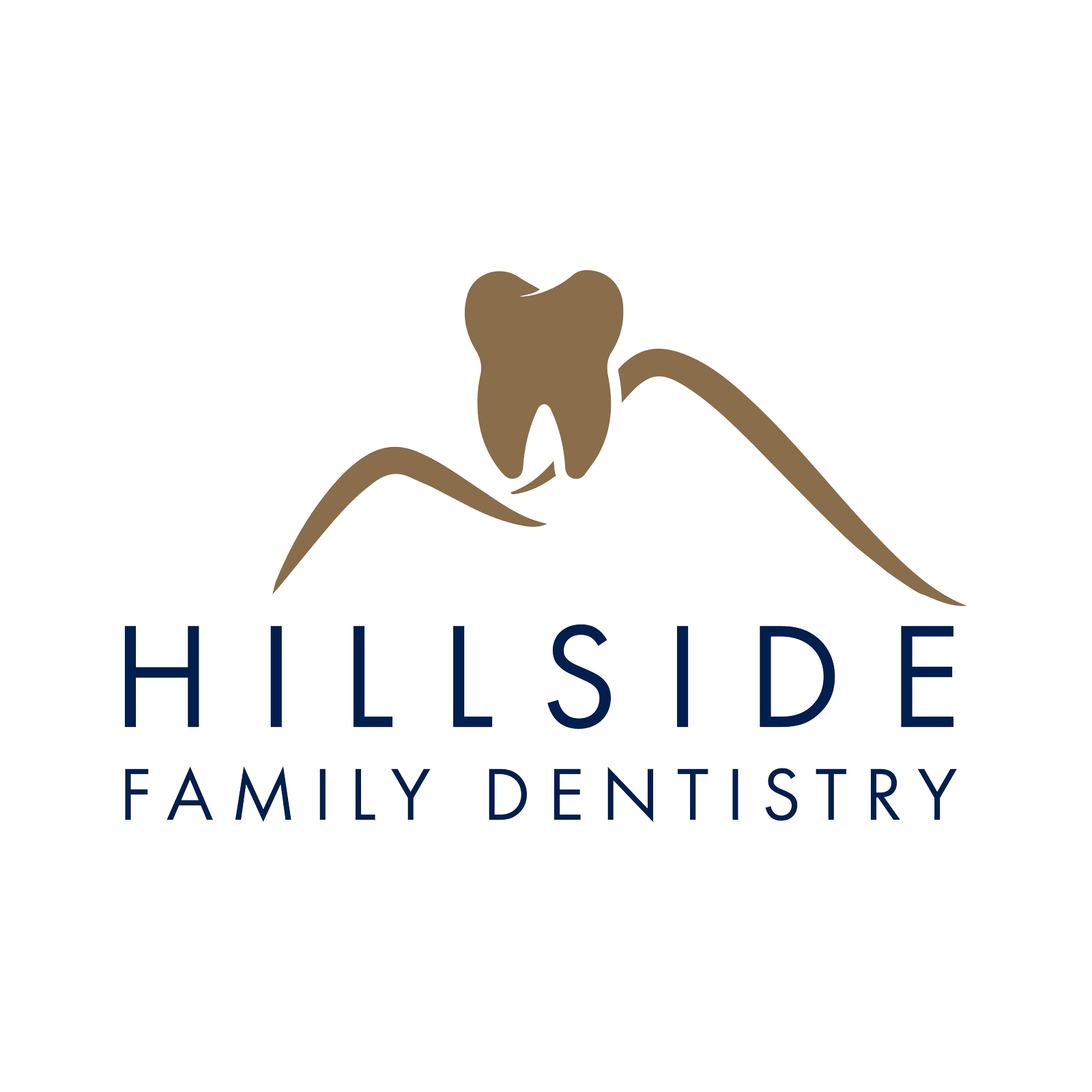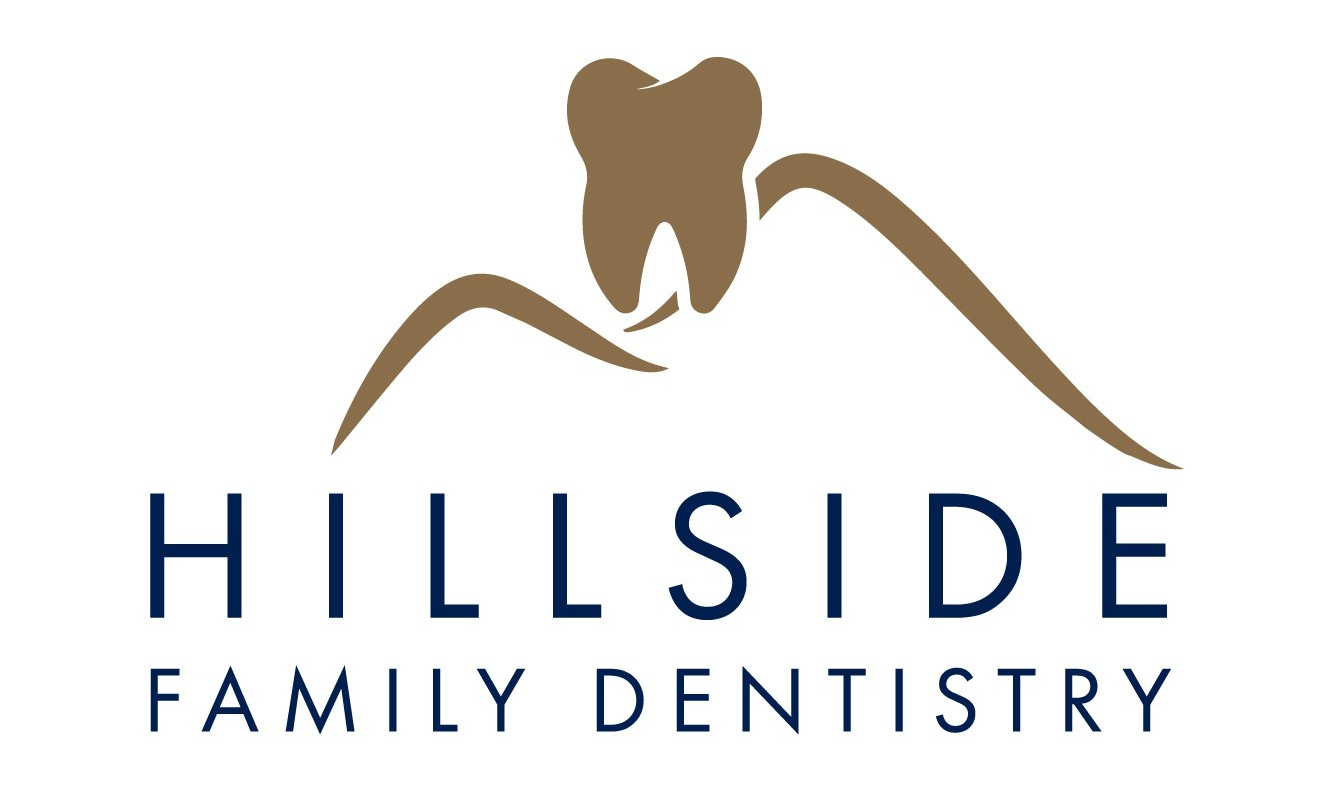Quick Tips for Handling Dental Emergencies
Dental emergencies can happen when you least expect them, leaving you in pain and needing quick action. Whether it's a sudden toothache or a chipped tooth, knowing what to do can make all the difference. Quick responses can help ease discomfort and prevent further damage until you can see a dentist.
Understanding the types of dental emergencies and how to handle them empowers you to act swiftly. From managing toothaches to dealing with broken teeth, having a plan can keep situations from getting worse. It’s crucial to know the immediate steps that can provide relief and protect your oral health when every minute counts.
In addition to handling emergencies, it's also wise to think about prevention. Learning simple ways to avoid these situations helps protect your teeth and ensures fewer surprises. With the right knowledge and a little preparation, you can manage dental emergencies calmly and effectively.
Recognizing Common Dental Emergencies
Knowing how to identify dental emergencies can help you react quickly and effectively. These emergencies often happen unexpectedly but can have serious impacts on oral health if not addressed promptly.
1. Toothaches: A constant, throbbing pain might indicate an infection or cavity. If extreme sensitivity to hot or cold persists, it could mean serious decay or an abscess.
2. Chipped or Broken Teeth: Accidents, biting hard food, or sports injuries can chip or break teeth, causing pain and risking further damage if not treated.
3. Knocked-Out Teeth: If a tooth is completely knocked out from an accident or fall, it’s vital to handle it correctly to increase the chances of saving it.
4. Lost Fillings or Crowns: Losing a filling or crown can expose the tooth to further damage and increased sensitivity, making it necessary to see a dentist soon.
5. Infection and Swelling: Any swelling in the mouth or around the jawline accompanied by pain might be due to an abscess or gum infection requiring immediate attention.
Recognizing these symptoms lets you determine whether you need urgent care. Paying attention to signs and taking swift action can help prevent more severe complications.
Immediate Steps for Toothaches and Injuries
When a dental emergency strikes, taking immediate steps can provide relief and prevent further harm. Knowing what to do in those critical moments is essential.
1. Toothaches:
- Rinse your mouth with warm water.
- Floss gently to remove any trapped food.
- Apply a cold compress to cheek if there's swelling.
- Avoid aspirin or pain relievers directly on gums to prevent burning tissues.
2. Chipped or Broken Teeth:
- Rinse mouth with warm water to clean the area.
- Save any pieces of the tooth and rinse with water.
- Use gauze on bleeding areas, applying pressure to stop bleeding.
- Apply a cold compress to reduce swelling and pain.
3. Knocked-Out Teeth:
- Handle the tooth carefully by the crown, avoiding the root.
- Rinse it gently without scrubbing to remove dirt.
- Try to reinsert the tooth in its socket if possible.
- If reinserting fails, store the tooth in milk or a tooth preservation product and see a dentist immediately.
4. Mouth Injuries:
- Clean the area with warm water.
- Apply pressure with clean gauze to stop bleeding.
- Use cold compresses to control swelling and inflammation.
By knowing these steps, you can manage the situation effectively, increasing the likelihood of successful treatment when you visit the dentist. Taking the right action promptly can mean the difference between saving and losing a tooth.
Managing Broken or Chipped Teeth
A chipped or broken tooth can be painful and requires immediate attention. Quick action can minimize damage and help preserve your tooth. Here's how to manage the situation:
1. Stay Calm and Assess: Rinse your mouth with warm water to clean the area. If there’s bleeding, apply gentle pressure with a clean cloth or gauze.
2. Retrieve Any Pieces: If possible, save any broken pieces of the tooth. Place them in a small container with milk or saliva to keep them moist, which can be helpful for your dentist.
3. Use a Cold Compress: Apply a cold compress to the outside of your mouth or cheek to reduce swelling and relieve pain.
4. Avoid Using the Affected Tooth: Try not to chew with the broken tooth. Stick to soft foods and gently chew on the opposite side.
5. Take Over-the-Counter Pain Relievers: Use pain relievers such as ibuprofen or acetaminophen to alleviate discomfort. Avoid aspirin, as it could increase bleeding.
The sooner you get to a dentist, the better. Immediate attention can help prevent further damage and increase the chances of saving your tooth.
Preventive Measures to Avoid Future Emergencies
Preventing dental emergencies involves simple, proactive measures that protect your teeth. By incorporating a few habits into your daily routine, you can keep your teeth in optimal condition and reduce the risk of unexpected issues.
- Consistent Oral Hygiene: Brush and floss your teeth daily. Use fluoride toothpaste to strengthen enamel and prevent decay.
- Regular Dental Check-Ups: Visit your dentist twice a year for cleanings and check-ups. During these visits, potential problems can be diagnosed early, saving you from future pain.
- Use Mouthguards: If you play sports, wear a mouthguard to protect your teeth from sudden impacts. Mouthguards are also helpful for people who grind their teeth during sleep.
- Watch What You Chew: Avoid chewing on hard foods and objects like ice, popcorn kernels, or pen caps. These can crack or break teeth.
- Smart Snacking Habits: Limit sugary snacks and drinks. Excessive sugar can lead to cavities, making teeth more vulnerable.
Incorporating these preventive measures can make a big difference in your oral health. A little care goes a long way in avoiding costly and painful dental emergencies.
Conclusion
Dental emergencies require swift and careful handling. Knowing how to manage them not only minimizes immediate discomfort but also protects your long-term oral health. By understanding how to respond to situations like broken teeth and taking preventive steps, you can ensure that your teeth remain healthy and strong.
Here at Hillside Family Dentistry, we focus on providing quick and effective care for any dental emergency you might face. Our knowledgeable
dentists in Acworth are ready to guide and assist you in keeping your teeth in top condition. Schedule an appointment today and see how we can help you prepare for and prevent dental emergencies. Your smile deserves the best care.
CONTACT
CONTACT US TO SCHEDULE YOUR APPOINTMENT TODAY!
Business Hours
- Mon - Fri
- -
- Sat - Sun
- Closed
Serving Patients from Acworth and Surrounding Areas:
Serving Patients from Acworth and Surrounding Areas:
- Atlanta
- Marietta
- Kennesaw
- Hiram
- Woodstock
- Cobb County
- Cartersville
- Dallas
- Paulding County
Serving Patients from Acworth and Surrounding Areas:
- Atlanta
- Marietta
- Kennesaw
- Hiram
- Woodstock
- Cobb County
- Cartersville
- Dallas
- Paulding County
Thanks for choosing us as your preferred dentist in Acworth
FOLLOW US
All Rights Reserved
Dentist Websites by Energize Group

